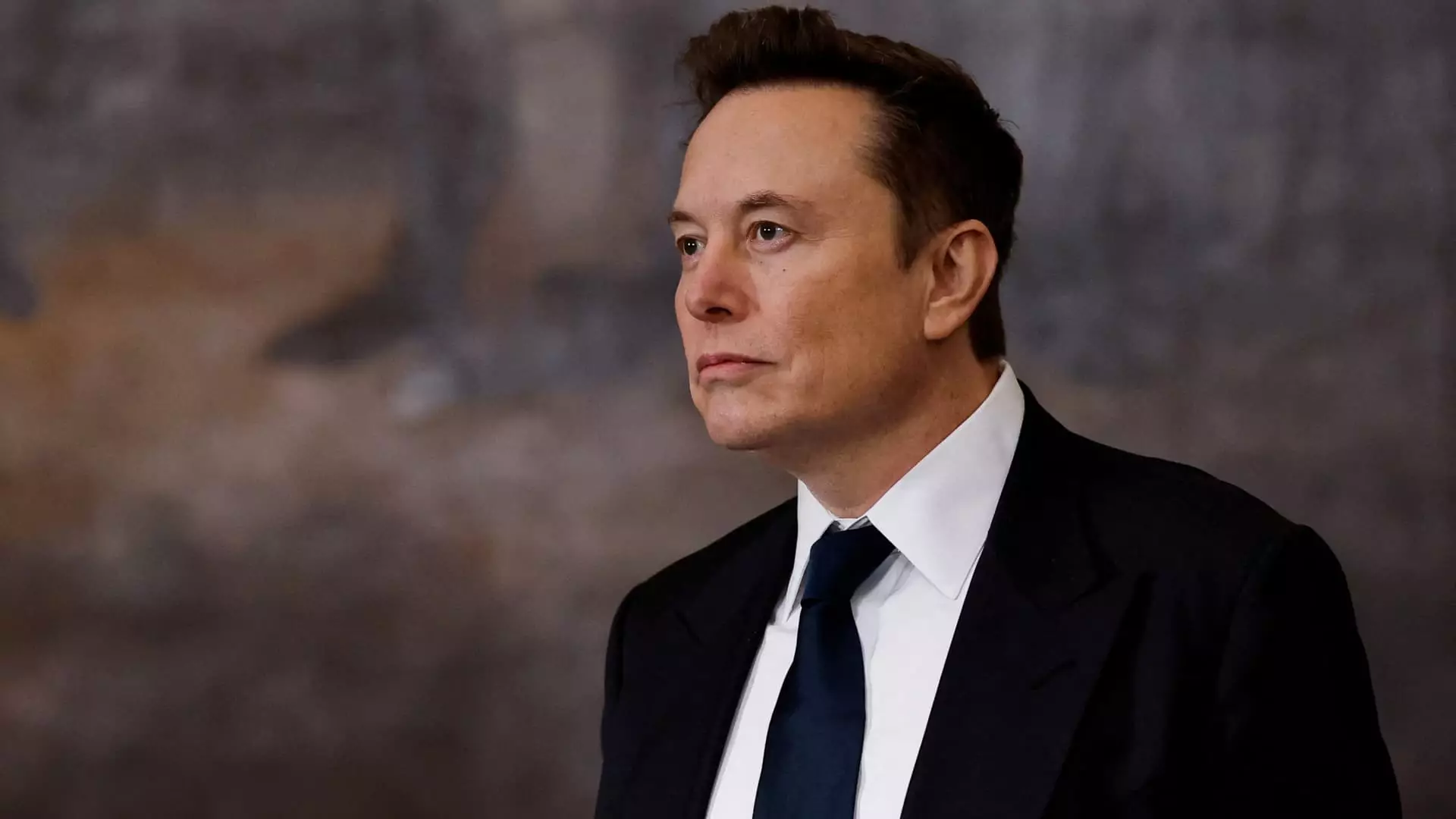In a development that has stirred considerable debate in political and labor circles, U.S. District Judge John Bates recently ruled against a request from the American Federation of Labor and Congress of Industrial Organizations (AFL-CIO) to prohibit Elon Musk’s newly established Department of Government Efficiency (DOGE) from accessing the U.S. Department of Labor’s systems. This judicial decision marks a significant and contentious moment in a broader saga concerning the intersection of private enterprise and public governance. At its core, the issue raises critical questions about transparency, ethics, and the potential for conflicts of interest in federal oversight.
Elon Musk, an entrepreneur renowned for his ventures in electric vehicles with Tesla and space exploration with SpaceX, has been tasked by former President Donald Trump with leading DOGE. The goal of this initiative is to ferret out inefficiencies and corruption within government operations. However, this delegation of authority to a private individual raises uncomfortable questions about accountability in governance. Critics argue that granting such expansive access to Musk may enable him to acquire privileged information that could overlap with his business interests, directly affecting the competitive landscape in which he operates.
In the wake of Bates’ ruling, labor unions assert that Musk’s approach to governance could pave the way for unlawful surveillance of sensitive investigations into his companies. The implications are profound; if DOGE were to access non-public information from the Department of Labor, such as Occupational Safety and Health Administration (OSHA) investigations into Tesla and SpaceX, it could lead to an unprecedented conflict of interest that disrupts fair market competition, as well as undermine employee protections.
The AFL-CIO, representing approximately 800,000 federal workers, has taken a strong stance against Musk’s initiatives, characterizing this ruling as “a setback, but not a defeat.” It stresses the urgency to protect the integrity of government functions and to prevent undue influence from individuals with strong private sector ties. The ruling could embolden advocacy for broader calls to reevaluate the appropriateness of utilizing private sector leaders in government roles, particularly in areas tied to economic regulation and labor protections.
Critics of Musk’s ascendance to such influential positions note the possible repercussions of having a billionaire possess substantial sway over critical federal operations. Many fear this could lead to the contraction of essential governmental programs, reduced worker rights, and the dismantling of organizations that are vital to social welfare. The opposition continues to galvanize support amid anxieties that DOGE may inadvertently serve vested interests, rather than the public good.
The ruling has not deterred other labor groups from taking legal action to protect against what they perceived as potential overreach by DOGE. Another union has launched a lawsuit against the Treasury Department, claiming that sensitive payment records are unlawfully being transmitted to DOGE personnel. The Treasury Department has temporarily suspended further access while the case is under consideration, indicating the seriousness of the concerns raised.
However, despite the ongoing legal battles and political tensions, the White House insists that Musk will recuse himself from issues where conflict may arise, hinting at an effort to maintain the perception of integrity within executive operations. Nonetheless, the attempt to regulate Musk’s influence underscores a growing anxiety over the boundaries of corporate power and the potential jeopardization of public trust in government actions.
As the controversies surrounding Musk’s role in public administration unfold, it becomes imperative to consider how these developments might reshape the future of government employment and oversight in America. While advocates of government efficiency may cheer Musk’s initiatives, it is vital to balance such enthusiasm with safeguards that protect against misuse of power.
In a rapidly changing political landscape, where private individuals wield considerable influence over public policy, the necessity for reformed ethical guidelines and transparency in government cannot be overstated. Only through such measures can the relationship between private interests and governmental authority ensure accountability to the citizens it serves, thereby upholding the fundamental tenets of democracy and fairness in the economy. The unfolding events will not only determine the trajectory of a federal workforce of over two million but may also set precedents for the future of private-public collaborations.


Leave a Reply